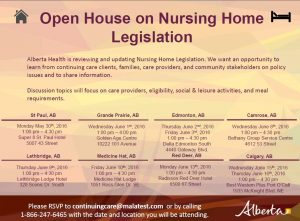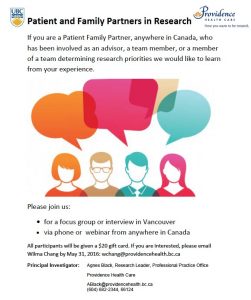 The term “patient engagement” is one that is frequently stated and bantered about. However, what does it really mean? Why is such engagement important? How can patient engagement be fostered and promoted, so it becomes more than a theoretical idea or ideology and something that is real and realized?
The term “patient engagement” is one that is frequently stated and bantered about. However, what does it really mean? Why is such engagement important? How can patient engagement be fostered and promoted, so it becomes more than a theoretical idea or ideology and something that is real and realized?
According to Dr. Anhalt, an individual who treats pediatric patients with type 1 diabetes and chief medical officer for T1D Exchange, patient engagement is critical. Among other things, it sees patients becoming engaged in their own care, resulting in living healthier lives and experiencing better outcomes. Based on this understanding, Dr. Anhalt discusses tips for successful patient engagement. They include: educating patient and families, encouraging patients to engage in their health outside of a doctor’s office and using all patient interactions as opportunities for learning. To read the full article, click here.








 Have you ever found yourself at a medical appointment trying desperately to explain to your physician what and how you are feeling? Unfortunately, no matter how hard you try, nothing you are saying is coming out right and any utterances you make are not conveying the message you want. Rather than struggling to verbalize your thoughts, why not draw them instead? This idea is explored in Damien Pollard’s article
Have you ever found yourself at a medical appointment trying desperately to explain to your physician what and how you are feeling? Unfortunately, no matter how hard you try, nothing you are saying is coming out right and any utterances you make are not conveying the message you want. Rather than struggling to verbalize your thoughts, why not draw them instead? This idea is explored in Damien Pollard’s article